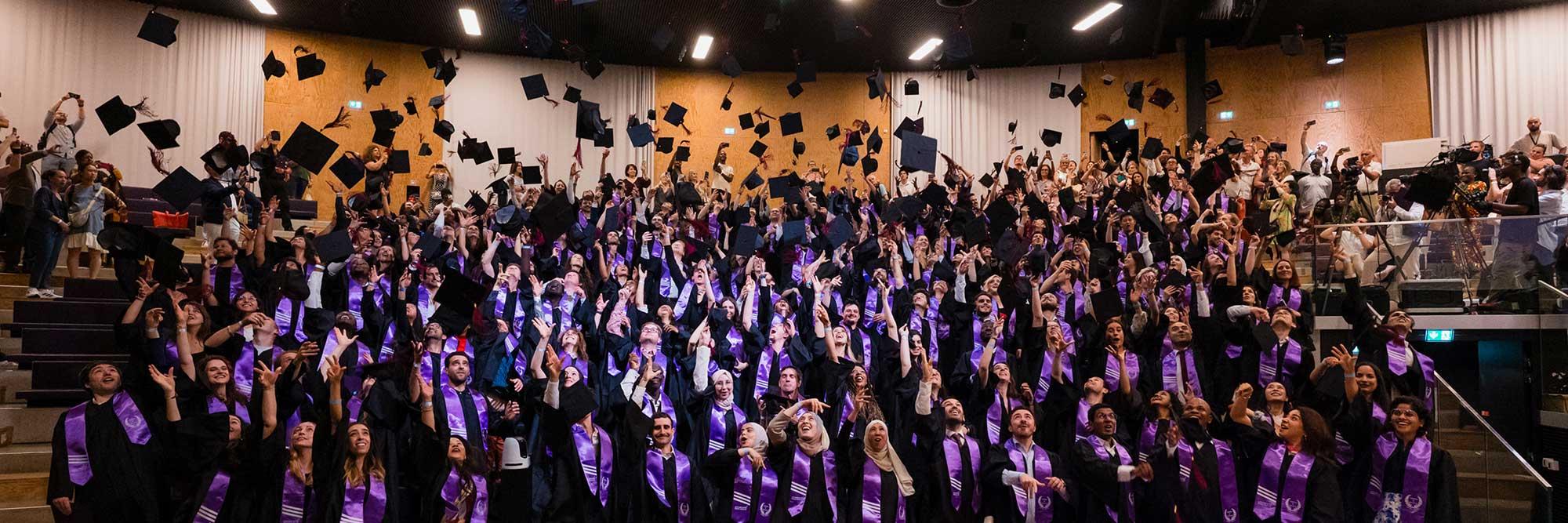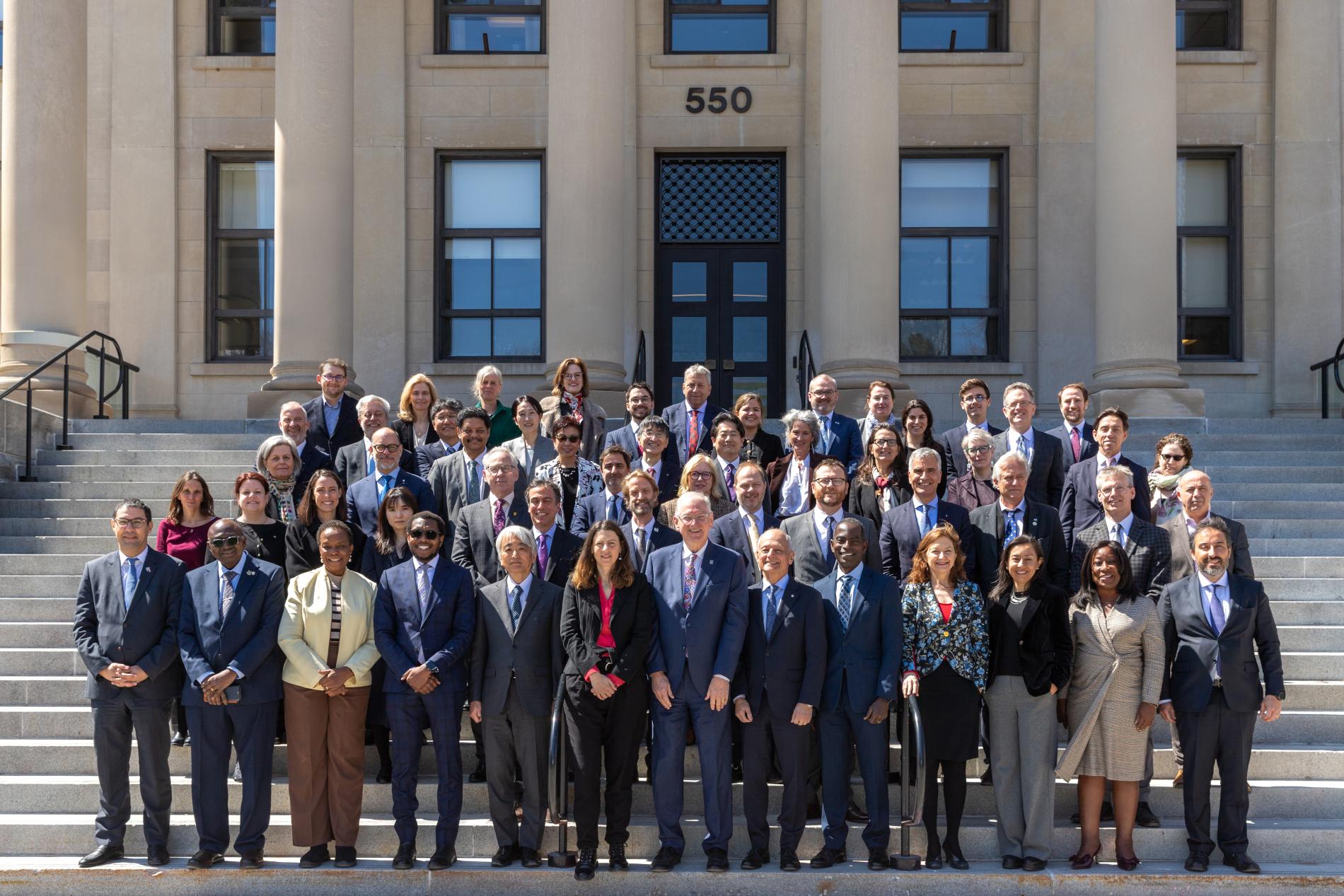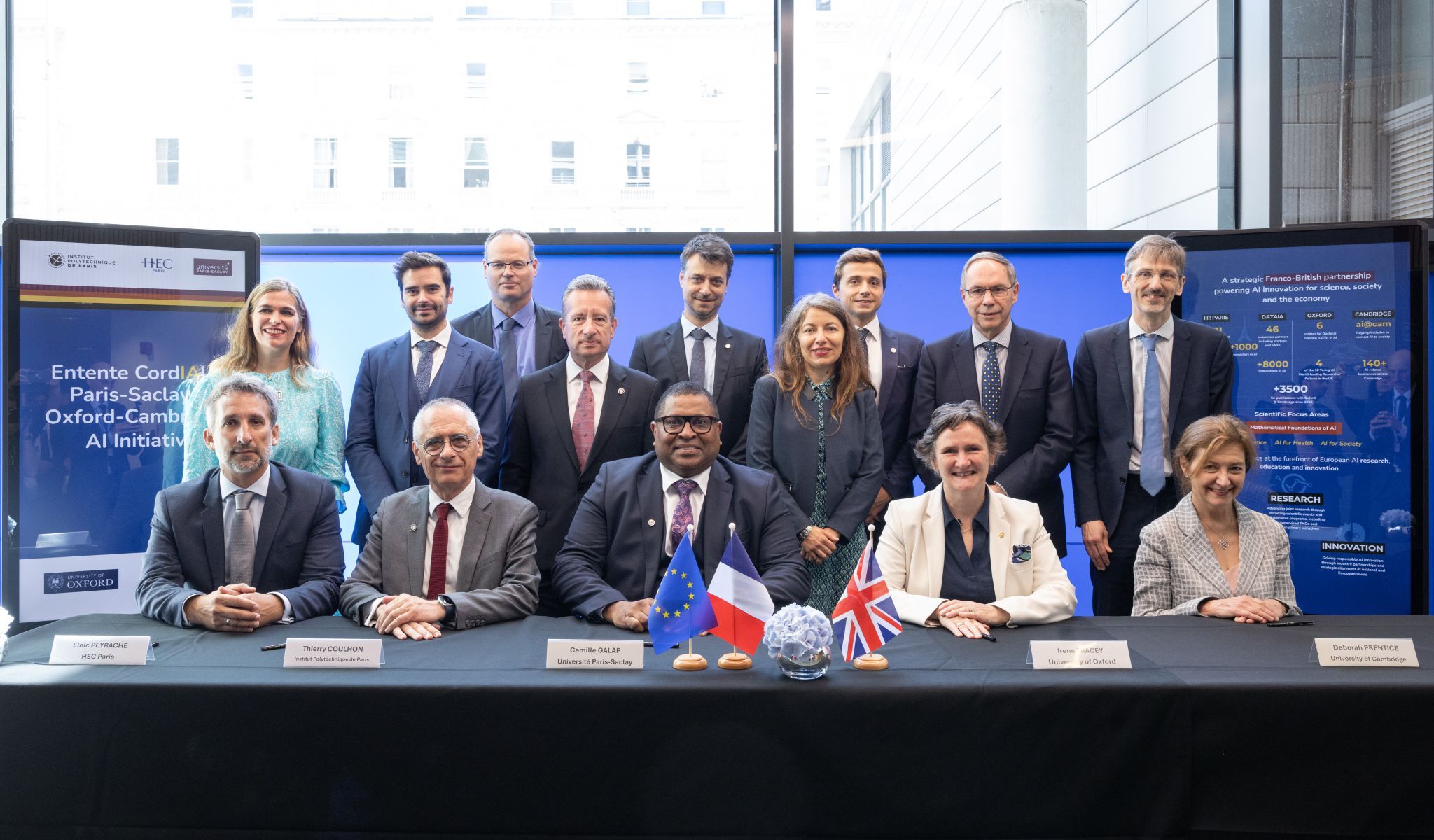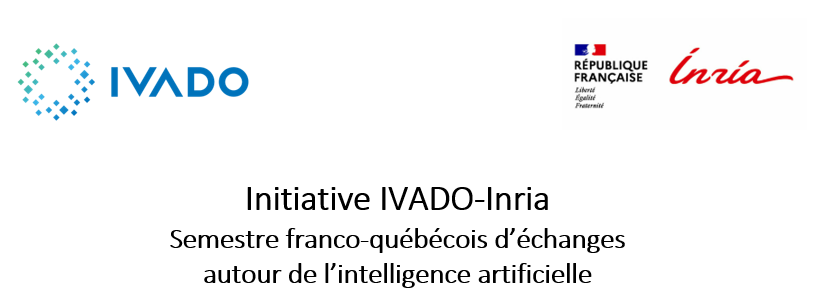The news

International partnerships
25.08.2025

Artificial Intelligence
29.04.2025
Events

Conferences / Workshops
On January 22, 2026, the European Trustworthy AI Association is organizing the new edition of Digital Factory Day, remotely, from 2 to 6 pm.
22
janvier 2026

Conferences / Workshops
MIAI and ILLS are co-organizing a French-Canadian workshop in Grenoble from March 16 to 20, 2026.
16-20
mars 2026
Calls for projects
The Institute offers international doctoral students the opportunity to collaborate with DataIA's partner institutions.
In May 2024, the DataIA Institute received the Cluster-IA label as part of the France 2030 plan, joining nine clusters of excellence in AI. This context positions DataIA as a key player in AI training and international mobility. In this context, the Institute offers the opportunity to fund international mobility scholarships.
Clôture de l'appel:
The Institute finances 1 to 12-month visits by visiting professors to Paris-Saclay University.
The DATAIA Institute offers support for the organization of workshops and conferences in data science, artificial intelligence and society.
The DataIA Institute supports research in data science in the broadest sense (including computer science, mathematics, physical sciences, life sciences, and humanities and social sciences) through an annual call for applications dedicated to Master's internships.
Clôture de l'appel:
Awarded the "AI-Cluster" label by the Government in May 2024, the DataIA Institute is continuing its commitment to AI research with the launch of the "Modular Chairs" CfP. This new call aims to support innovative research projects, in line with the DataIA IA-Cluster's strategic axes.
Clôture de l'appel:
In 2025, DATAIA Institute will support research in data science, AI and their impact on society through its call for fellowships.
The European Commission has selected the COFUND DeMythif.AI project led by DATAIA Institute for Paris-Saclay University. This €3M funding will enable the co-financing of around twenty theses for the start of the 2025 academic year, on the theme of “AI and uncertainty”: controlling uncertainty, managing explicability, encouraging frugality, across a wide spectrum of applications in fundamental or applied sciences and engineering. These themes are deliberately open-ended to enable a broad integration of issues in and around AI within Paris-Saclay.
The four main AI institutes in the Paris region (DATAIA, Hi! PARIS, PRAIRIE and SCAI) are launching an annual call for projects dedicated to doctoral research.
Clôture de l'appel:












![[PARTNERSHIP] Scienta Lab x DataIA-Cluster to advance multimodal and explainable AI research](/sites/default/files/2025-04/og-image.png)